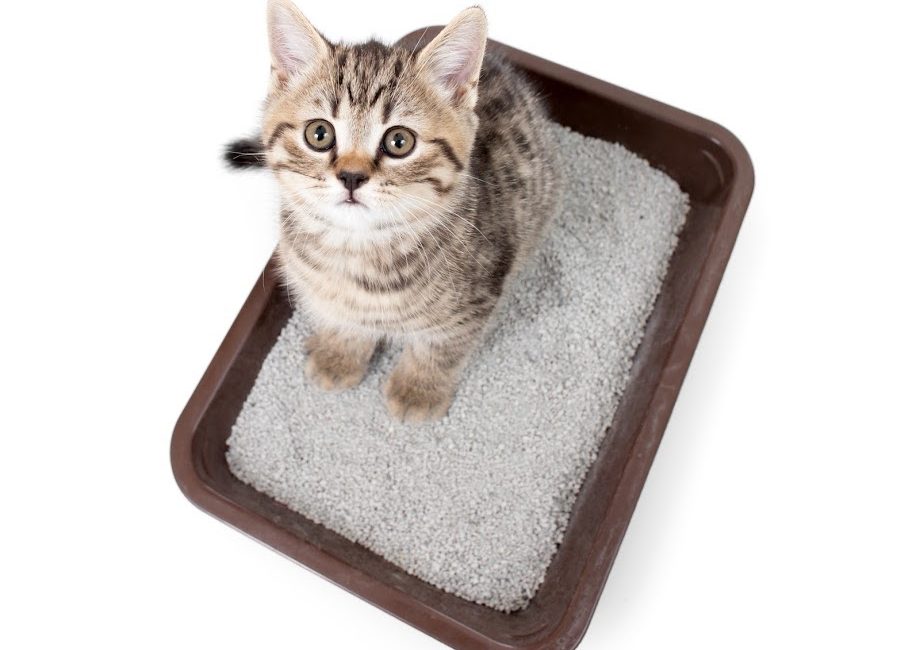part one.
If you live with an indoor cat, chances are you’ve experienced a urinary accident. Trying to co-exist with a creature that is both a predator and prey animal certainly has urinary challenges. But what if the issue is more severe than simply missing the litter box? What if your cat can’t pee?
Before we get too far, answer these simple questions. Is your cat male? Have you seen them pee in the last 24 hours? Or found evidence of your cat urinating? Is your cat yowling in pain and making frequent trips to the litter box or just sitting in the litter box? If this sounds like your cat, take your cat to your veterinarian immediately! A cat with a urethral blockage is a true emergency. Left untreated, your cat will pass away. There are no at home remedies that will fix this situation. Your cat needs immediate professional veterinary treatment.
In part one of this series on “My Cat Can’t Pee” we’ll touch on some of the signs and risk factors for a urethral blockage.
Signs your cat is having difficulty urinating:
- Constantly licking at their back end (penis/vulva)
- Frequently going to the litter box
- Spending long periods of time in the litter box
- A trip to the litter box that yields no results; or an abnormally small clump of litter
- Vocalizing/yowling or squatting and straining in the litter box
- Abdominal pain; this may show as a behaviour change as a normally friendly cat may hiss or growl in pain when touched
- Hiding*
* Hiding is a vague sign that there may be something wrong with your cat. Though many people think of cats as great hunters, they are also a prey species. It is their instinct to hide when they are not feeling well as a form of protection.
Risk factors that increase the likelihood of a urethral blockage:
Although any dog or cat can suffer from a urethral blockage, male cats are definitely the most at risk. This is largely due to their narrow urethra and highly concentrated urine. Other risk factors include:
- Obesity
- Low moisture intake. This refers to both eating and drinking. If you can get your cat to take more water in any way, it will benefit urinary health.
- Stressful situations. Cats can be stressed out by any changes to their environment. Changes to the house (renovations) or changes to the household (new baby/guests) can trigger a urethral blockage.
- Previous urethral blockage. Cats that have suffered a urethral blockage are at a higher risk of having reoccurring bouts of the problem.
If you think your cat is having trouble urinating, do not hesitate to contact Cumberland Veterinary Clinic. This is an emergency! We are able to help treat your cat immediately and formulate a plan to help prevent future episodes.
Written by Dr. Mike Bugg




